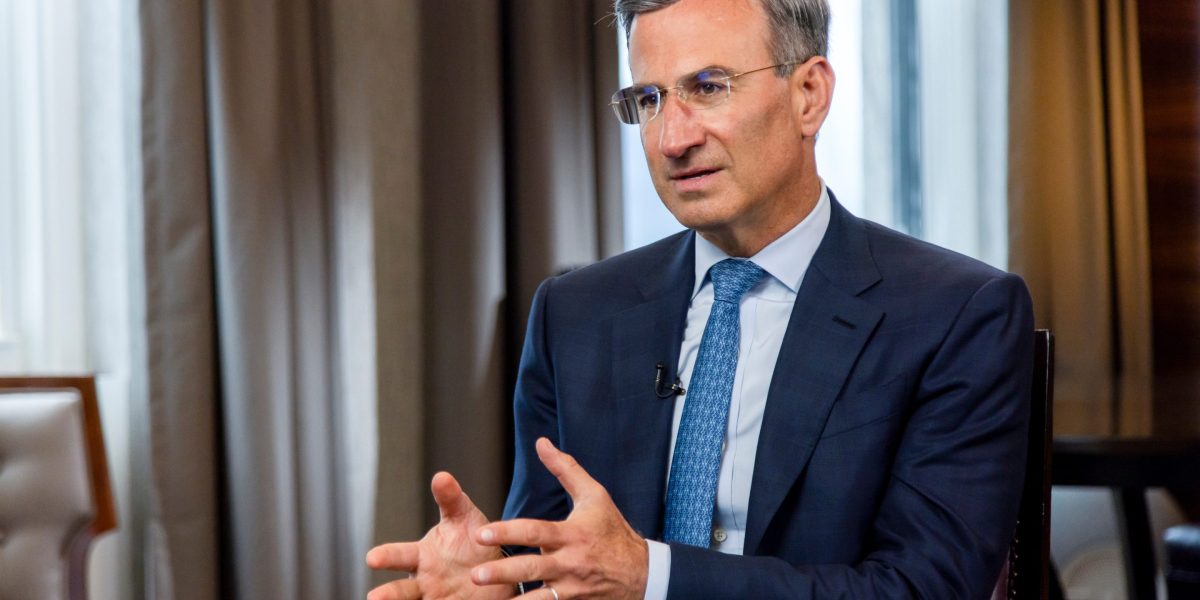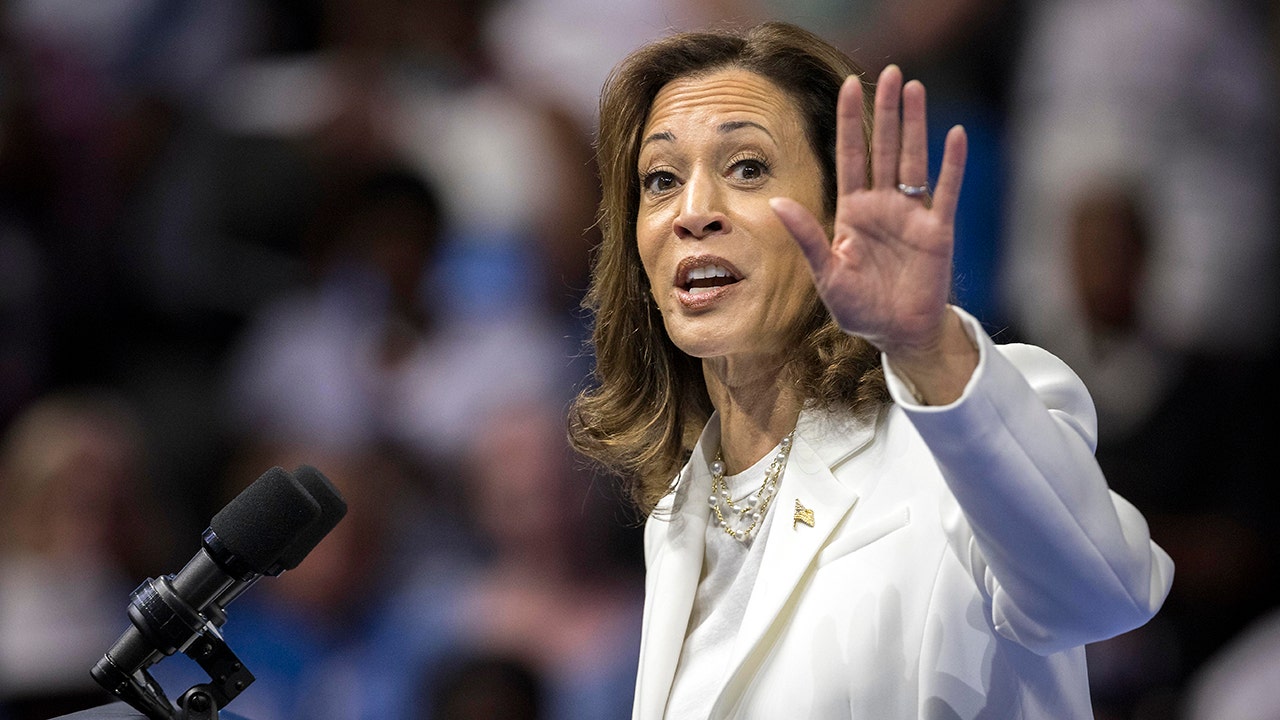

Young investment bankers starting off in the industry accept that to advance quickly in their career they need to work hard and make trade-offs, according to the CEO of Wall Street bank Lazard.
Speaking on The David Rubenstein Show on Bloomberg, Lazard boss Peter Orszag was asked why junior bankers work 80-hour weeks. He replied that people are often willing to do work they feel gave them greater meaning and a sense of purpose.
The opportunity to go as far as you can as fast as you can was, to many, more alluring than a 9-5 office job full of boring busy work, he said.
“Teddy Roosevelt once said the greatest gift in life is the opportunity to do work worth doing,” Orszag told the founder and former CEO of private equity group Carlyle in the interview, which aired on Monday.
“There are many, many people who would rather work whatever number of hours per week on interesting important things, rather than fewer hours on things that are not that interesting,” he told Rubenstein, who founded Carlyle private equity firm. “That’s what we are looking for. That’s the trade-off.”
The banking sector has long been known for grinding hours that help weed out new entrants as part of the lengthy process of grooming future rainmakers, the men and women behind some of the world’s biggest merger and acquisition deals.
There’s even a familiar saying, often attributed to the late Goldman Sachs CEO Hank Paulson, that “if you didn’t show up on Saturday, don’t bother coming in on Sunday.”
But the death in May of Bank of America employee Leo Lukenas has cast a harsh spotlight on the practice. The former Army Special Forces soldier had been clocking over 100 hours per week working on a $2 billion deal when a blood clot killed him.
Orszag said Lazard was already demonstrating its willingness to make concessions that would offer talent the flexibility to accomplish their tasks from home. Staff in New York are only required to come to the office three days a week.
While there may be peer pressure to come in more often in order to win a promotion, that’s notably more flexible than other Wall Street banks that have been quick to roll back pandemic-era working habits.
Before Orszag ever joined the banking sector in 2011, the Princeton-trained economist first made a name for himself in government. He was still in his thirties when he became director of the Congressional Budget Office, later heading up the White House’s Office of Management and Budget (OMB) under the Obama administration.
“One of the exciting things for example about being in government at a relatively young age is you have this sense that ‘oh my goodness, I’m this age and I’m doing that’,” he told Rubinstein. “To create that same sense of excitement for people entering financial services is characteristic of Lazard.”
Correction: An earlier version of this story wrongly suggested that Orszag said junior bankers prefer 80-hour weeks over boring work. The story has been corrected to characterise Orszag’s words more accurately.














